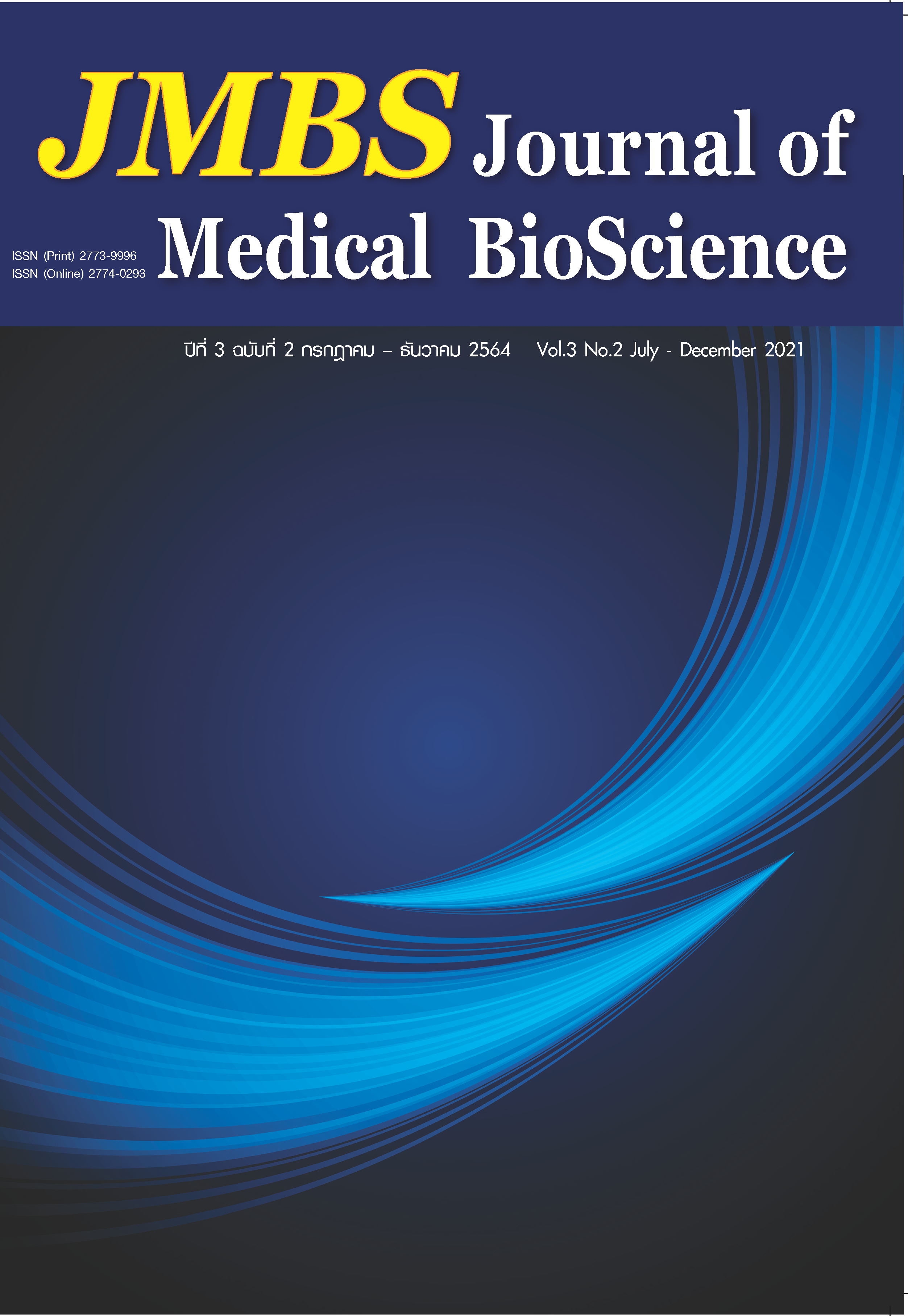Outcomes and safety of parenteral nutrition in pediatric patients at King Chulalongkorn Memorial Hospital
Keywords:
Parenteral nutrition, pediatricAbstract
Background: Parenteral nutrition (PN) is an essential treatment in pediatric patients who were critically ill or underweight. These patients are usually malnourished and needed nutritional assessment.
Objectives: This study is aimed to evaluate outcomes and safety of parenteral nutrition in pediatric patients.
Methods: All pediatric patients (0 - 18 years old) received total parenteral nutrition; 176 parenteral nutrition prescriptions and 56 medical records were analyzed, and retrospective descriptive studied. By using questionnaire with information of the patients and laboratory data, the data were collected for 6 month, and were analyzed by using statistics, percentage mean, and standard deviation.
Results: The average age was 1.8 + 5.2 days (49% male). The most cause for parenteral nutrition were preterm and low birth weight 17 case (30%). The mean duration of total parenteral nutrition (TPN) is 10.84 + 7.5 days (range 2 - 35 days). The majority of infusion route was central line 37 cases (66%). 51 cases (91%) cases eventually received full enteral nutrition but 5 cases (9%) were expired. Among those who we had the data, 13% had increased BMI for age z-score after TPN therapy. Most patients had PN-related complications which occurred more than one type and more than once for each event. The most frequent were metabolic complications in 48 cases (86%); the common ones were metabolic acidosis 97 events (21%), hyperchloremia 96 events (21%), and hypokalemia 66 events (15%).
Conclusion: The result of the study that most pediatric patients received total parenteral nutrition have nutritional status was unchanged. Secondly, having better nutrition and the most common complications are metabolic complications.






